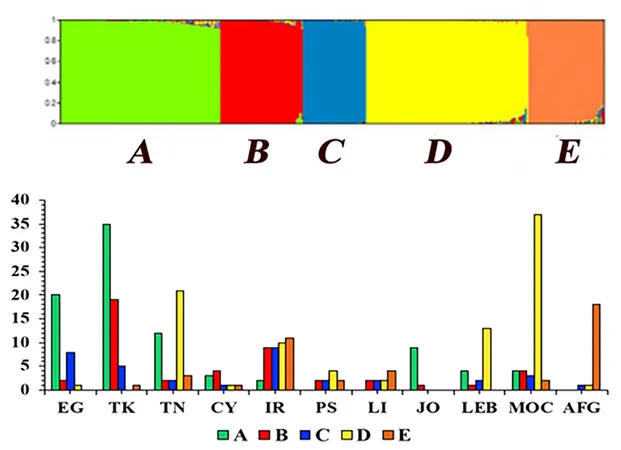
Uncovering the Hidden Dangers of Prenatal Alcohol Exposure: A Harvard Researcher’s Mission to Protect Future Generations
2024-10-04
The Catalyst for Change
In a heart-wrenching encounter, a disheveled and intoxicated pregnant woman walked into a crisis center seeking help, her 5-year-old daughter by her side. This poignant scene, witnessed by volunteer Anna Shchetinina 15 years ago, served as a catalyst for her deep commitment to understanding the long-term effects of alcohol consumption during pregnancy.
The Dangers of Fetal Alcohol Spectrum Disorder (FASD)
Shchetinina realized the immediate situation didn’t just affect the mother; the repercussions of her drinking would likely haunt her children for a lifetime. “At that moment, I didn’t grasp the gravity of her choices,” she reflected. “But now I know that every decision during crucial periods can impact a child's future profoundly.”
She underscored the severity of Fetal Alcohol Spectrum Disorder (FASD), a preventable condition with profound, yet irreversible consequences. From cognitive impairments to behavioral issues and growth deficits, the impacts can manifest in myriad ways throughout a child's development.
Significant Research Findings
In April, Shchetinina released a pivotal study in the journal PLOS One, exploring the prevalence of alcohol-use disorder among women who are pregnant or parenting. This research, part of her doctoral studies at Harvard T.H. Chan School of Public Health, aims to delve into the lifelong risks associated with prenatal alcohol exposure, including severe outcomes like Fetal Alcohol Syndrome.
While the worst-case scenario can tragically end in miscarriage, surviving infants often face hidden challenges that emerge later in life—often not until they reach school age. “By the time they start school, we see difficulties in their ability to perform tasks that come naturally to other children,” Shchetinina cautioned. Skills like getting up in the morning or managing personal hygiene become obstacles. As time goes on, prenatal alcohol exposure can erode memory, self-control, emotional stability, attention span, and problem-solving abilities.
Challenges in Diagnosis
Diagnosing FASD can be incredibly challenging. Many signs and symptoms can overlap with those caused by other adverse childhood experiences, such as abuse or neglect. “The complexities mount when considering the time elapsed since birth,” Shchetinina explained. “Mothers often forget specific details from their pregnancies, making it challenging to establish a clean diagnostic history.”
A Historical Perspective
The conversation surrounding alcohol consumption during pregnancy began gaining traction in 1973 with the first major scientific paper highlighting the risks, but a dearth of comprehensive studies still plagues the field. “We are at the nascent stages of understanding what these effects mean for individuals as they reach adulthood,” Shchetinina stated.



 Brasil (PT)
Brasil (PT)
 Canada (EN)
Canada (EN)
 Chile (ES)
Chile (ES)
 España (ES)
España (ES)
 France (FR)
France (FR)
 Hong Kong (EN)
Hong Kong (EN)
 Italia (IT)
Italia (IT)
 日本 (JA)
日本 (JA)
 Magyarország (HU)
Magyarország (HU)
 Norge (NO)
Norge (NO)
 Polska (PL)
Polska (PL)
 Schweiz (DE)
Schweiz (DE)
 Singapore (EN)
Singapore (EN)
 Sverige (SV)
Sverige (SV)
 Suomi (FI)
Suomi (FI)
 Türkiye (TR)
Türkiye (TR)